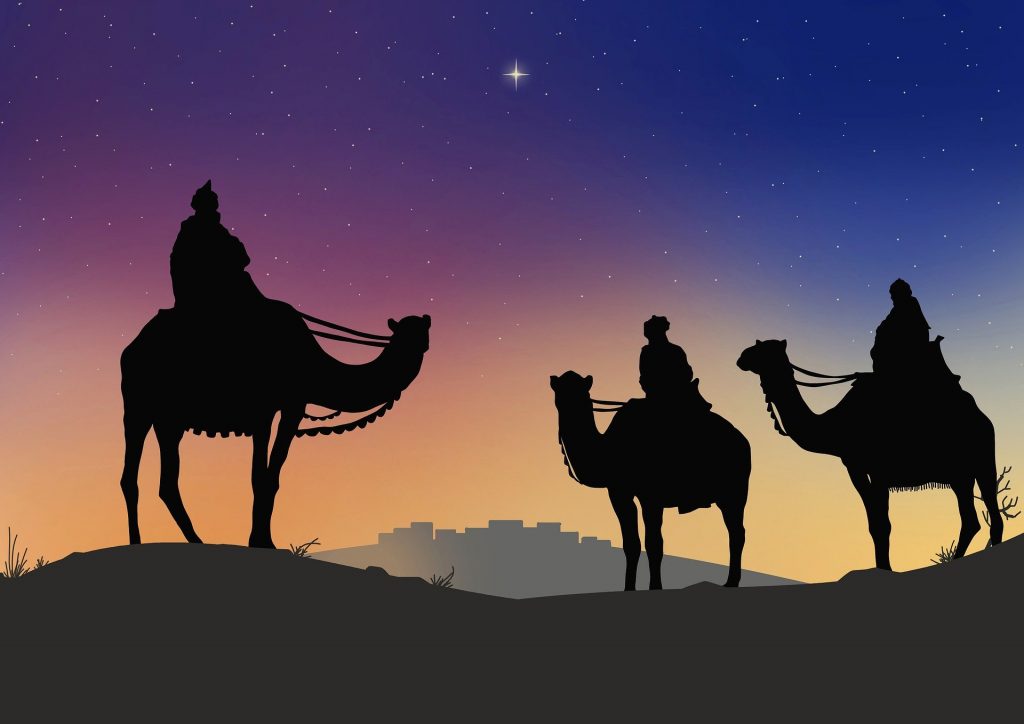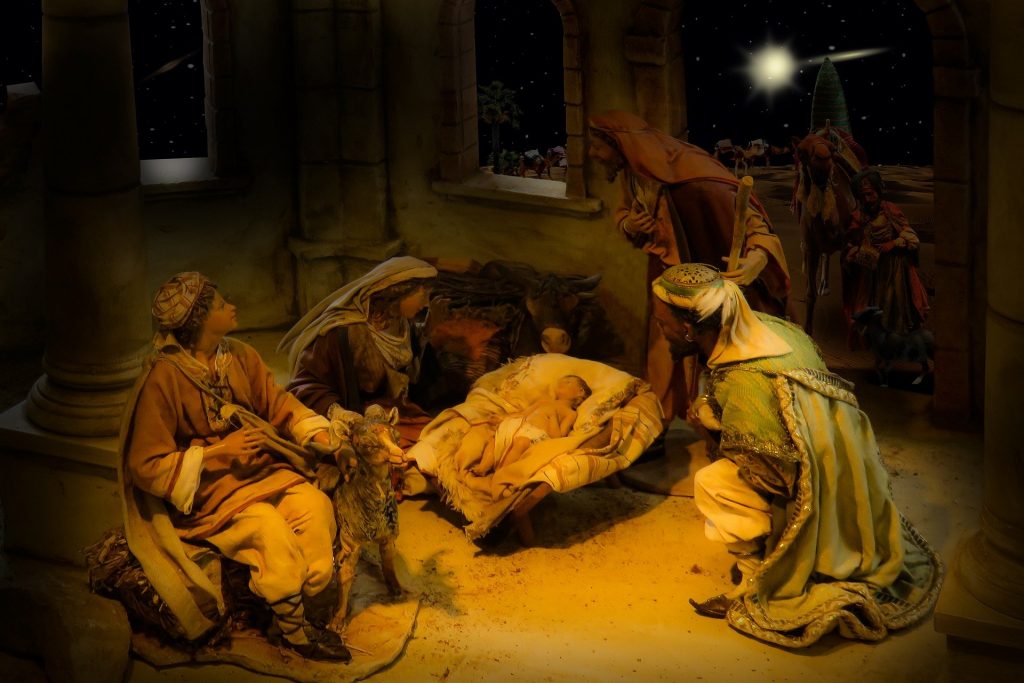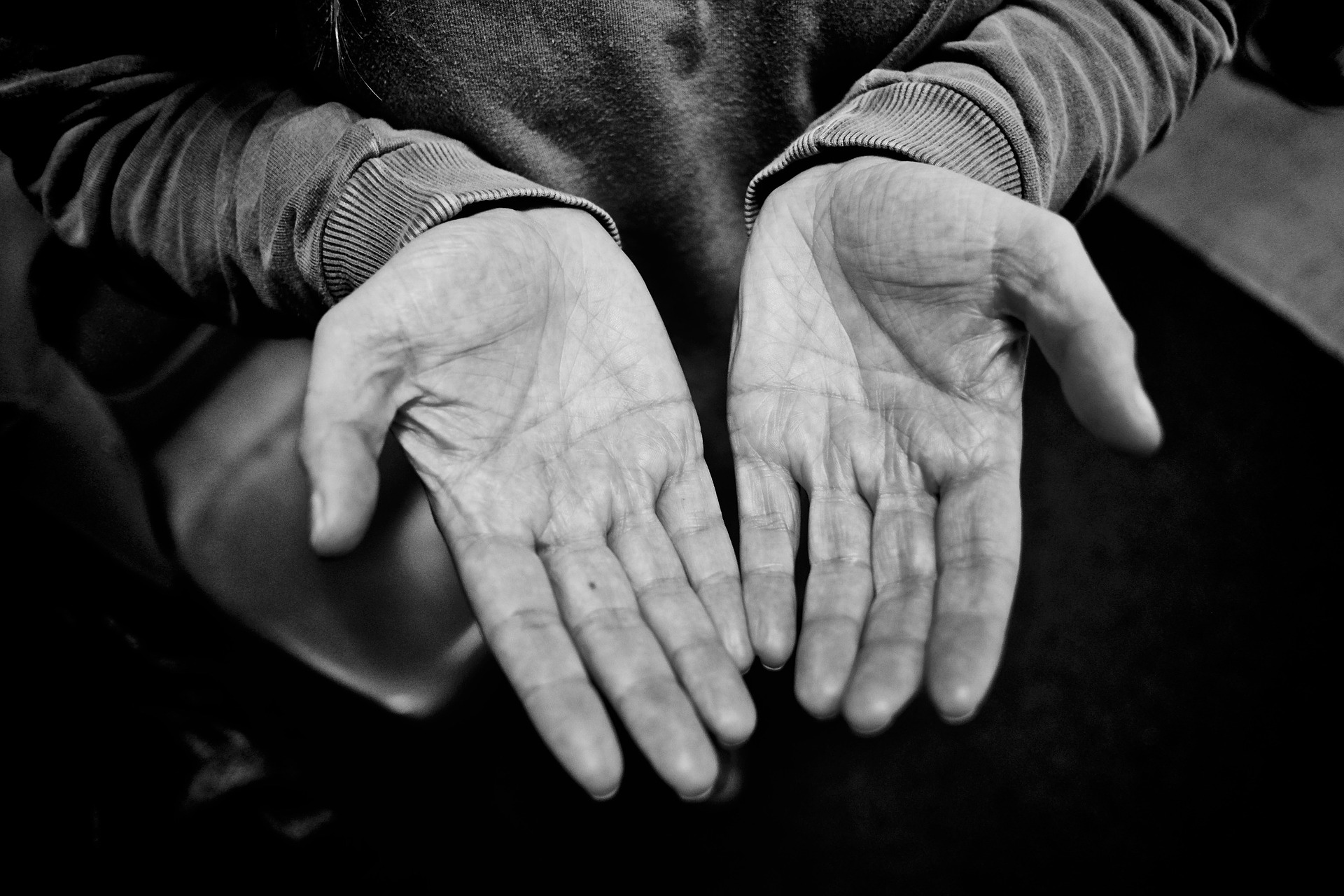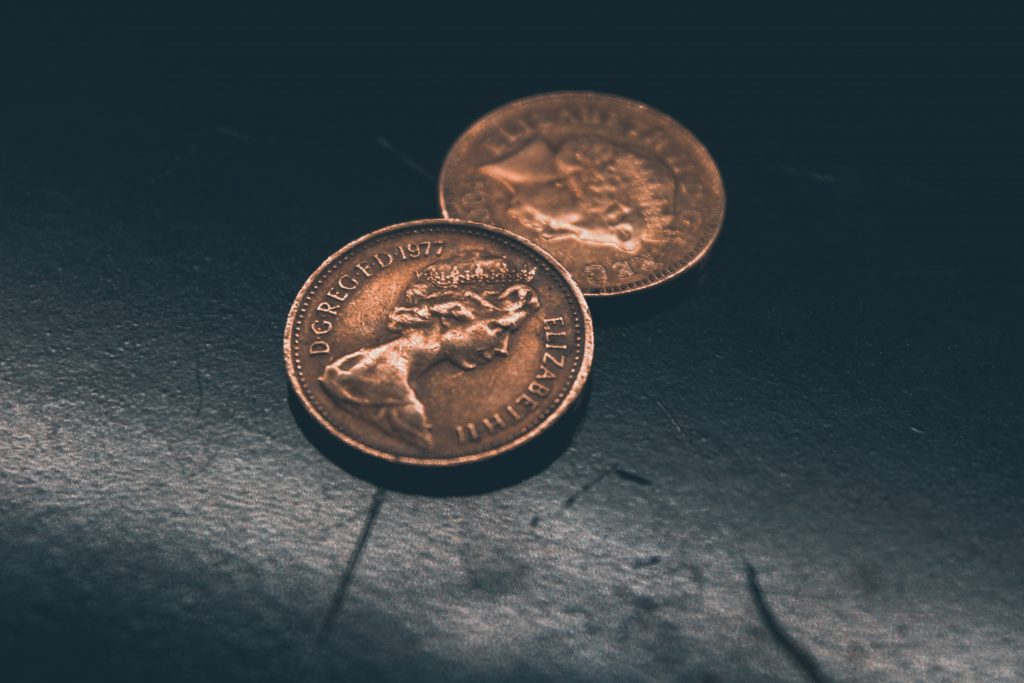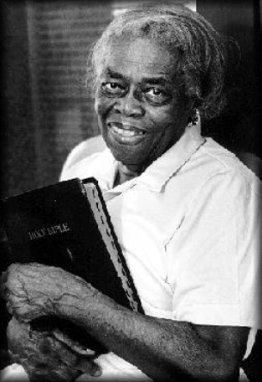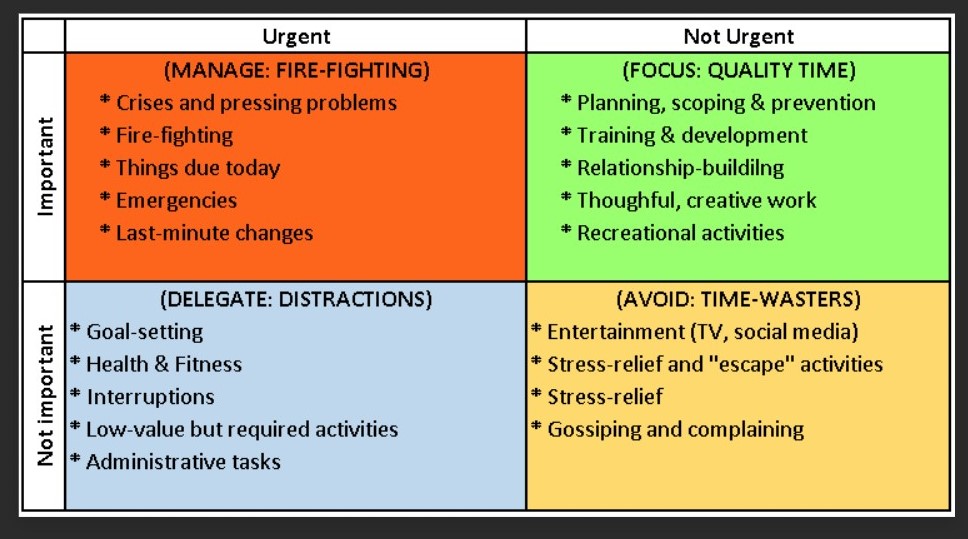This is the Real Question When It Comes to Prioritization
Last week I wrote about deciding what your big rocks are. The process of putting the big rocks in the jar first works great but, most of us are trying to squeeze in too big rocks. There is a limit to the number of rocks that will fit.
So how do we decide which rock is more important than another?
Deciding what is most important and focusing on that is critical to productivity. As I researched for last week’s post, I came across an article about priorities by Mark Nevin’s. He points out the word “priority” has no plural.
The word “priority” entered the English language, via Old French, sometime in the 14th Century. Deriving from the mediaeval Latin word prioritas (“fact or condition of being prior”), the word meant “the most important thing”—the “prior” thing or the thing with precedence. When it was first coined, the word “priority” had no plural. You could only have one priority.
Sometime in the middle of the 20th Century, almost certainly related to the rise of corporate and office culture, the word “priorities” began to appear. Now people began to claim that they had more than one “most important thing.” They could have three or five or 14 priorities. A client once shared with me a deck laying out his business’s “Top 30 Strategic Priorities.” Sadly, if you have 30 priorities, you really have no priorities: no organization can even remember 30 things, never mind focus on them all.
So how do we decide which thing is the priority?
I think this is where the real battle takes place. What makes one thing more important than another? In last week’s solution I referred to Steven Covey’s book, Seven Habits of Highly Effective People. In this book he shares a time management quadrant consisting of – urgent and important / not urgent but important / urgent but not important / neither urgent nor important.
We use these options for prioritizing everything we do…whether we know it or not. It’s up to us to be intentional about what goes in which quadrant.
All tasks can be categorized based on their urgency and importance: An activity can be one, both, or neither. Urgent matters are time sensitive, and they tend to grab your attention; this can be something as simple as a ringing phone. Important matters contribute toward your goals, values, and personal mission statement. We react to urgent matters, while important tasks that are not urgent require us to be proactive.
Picture a square divided into four Quadrants: One axis measures whether or not something is urgent, and the other measures whether or not it’s important. In the 7 Habits, Quadrants means four different classifications. Stephen Covey’s Quadrants 1, 2, 3, and 4 break down like this:
Quadrant 1 is urgent and important. Crises and problems live here, and life inevitably throws some Quadrant 1 tasks at all of us. However, some people seem to spend all their time constantly putting out fires and feeling like they never have time or energy to tackle anything that’s not urgent; in need of respite, they occasionally escape to the more leisurely Quadrant 4, where things are neither urgent nor important. The catch is that the more time you spend in Quadrant 1, the more you will be stuck there, because you don’t have time to do the maintenance and preventive measures that help avoid crises.
Quadrant 3 is urgent, but not important. These kinds of activities can eat up your precious time and energy, without giving much value back to your life. Some people don’t even realize that these matters are not important, assuming that urgency implies importance; but the urgency is often dictated by other people’s priorities and expectations — what other people tell you must get done — rather than your own goals and values.
Quadrant 4 is neither urgent nor important. These are things you may do purely for enjoyment, or out of confusion about what’s truly important. Quadrants 3 and 4 are irresponsible uses of your time, because they contribute nothing toward your life, and effective people tend to avoid these activities.
Quadrant 2 is not urgent, but important. This is where effective people focus their time and energy, and the discipline to prioritize these tasks is key to self-management and achieving your personal mission. Quadrant 2 includes activities that could easily be put off for their lack of apparent urgency, but which will greatly benefit your life in the long term if you invest the time in them; they include developing relationships, defining your personal mission statement, exercising, and performing preventive maintenance (e.g. oil changes for your car, health check-ups, flossing, or home maintenance). These Quadrants all help you understand and prioritize, but Quadrant 2 is where you want to spend most of your time.
Steven Covey’s 4 Quadrants: The Secret to Productivity
The things in these quadrants will be different for each of us. Ultimately it is your choice what things you decide to do and which quadrant you put them in.
This is where planning and looking forward to the end of your life and working backward helps. It gives you a clearer vision of what things should be the most important and which ones aren’t.
